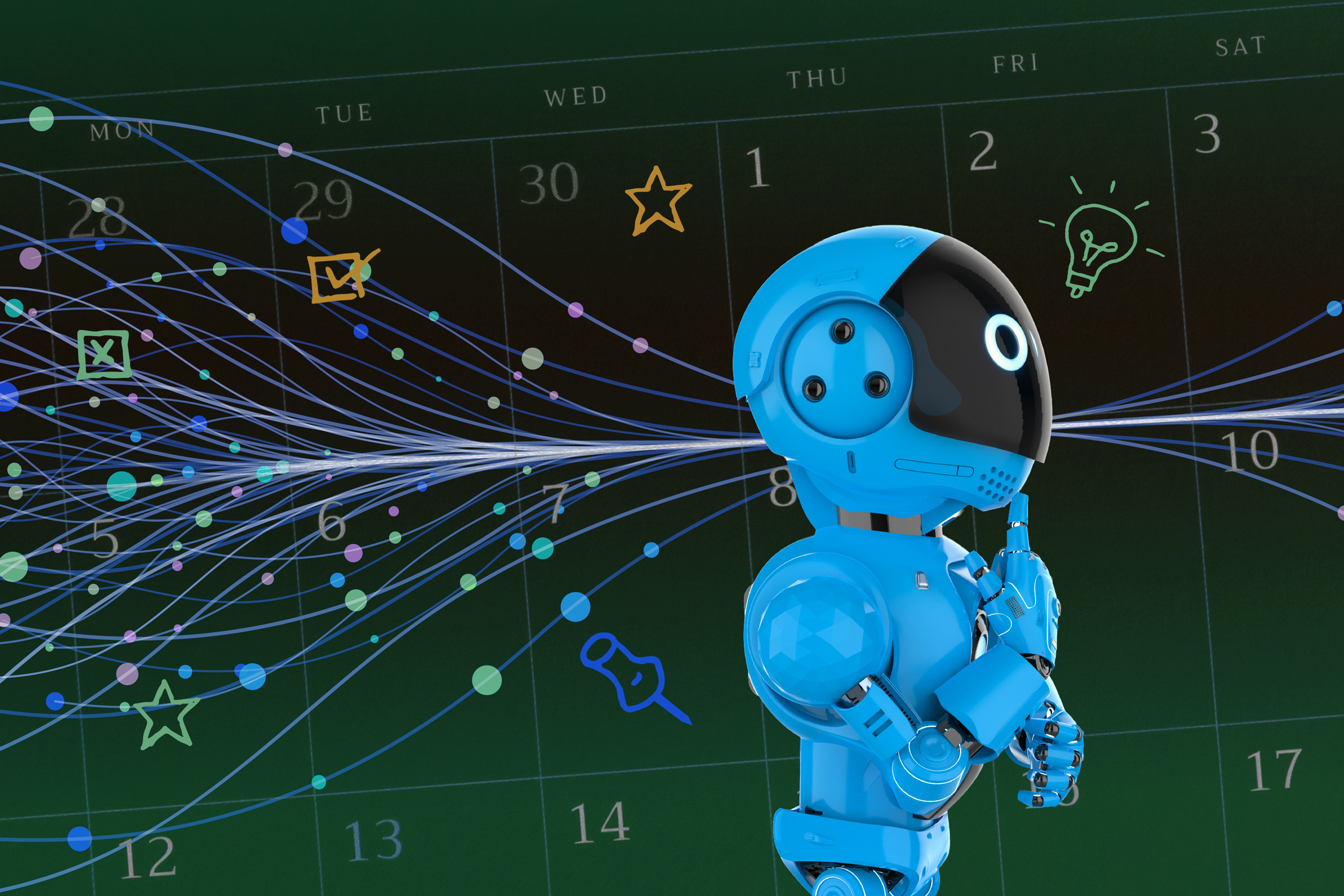Top Stories
MIT Develops Groundbreaking Method for Self-Adapting AI Models

BREAKING: Researchers at MIT have unveiled a revolutionary approach that allows large language models (LLMs) to permanently absorb new knowledge, marking a significant leap in artificial intelligence capabilities. This urgent development was confirmed by researchers just hours ago.
Currently, once an LLM is deployed, its ability to learn is static. Users may input critical information, but the model cannot retain this knowledge for future interactions. The newly developed framework, named SEAL (Self-Adapting LLMs), changes that by enabling LLMs to generate their own “study sheets” from user interactions, effectively allowing them to memorize new data.
IMPACT: This breakthrough could reshape how AI systems operate in dynamic environments, making them more responsive and intelligent. “These LLMs are not deployed in static environments. They are constantly facing new inputs from users,” stated Jyothish Pari, co-lead author of the study. “We want to make a model that is a bit more human-like — one that can keep improving itself.”
The SEAL framework employs a trial-and-error method known as reinforcement learning. By generating synthetic data based on user input, the model determines the most effective way to adapt itself. Initial tests revealed that SEAL improved question-answering accuracy by nearly 15 percent and boosted skill-learning success rates by over 50 percent.
The research team, which includes co-lead author Adam Zweiger and senior authors Yoon Kim and Pulkit Agrawal, plans to present their findings at the Conference on Neural Information Processing Systems. This ambitious project is supported by multiple organizations, including the U.S. Army Research Office and the U.S. Air Force AI Accelerator.
NEXT STEPS: While SEAL has shown promising results, researchers acknowledge challenges such as “catastrophic forgetting,” where the model’s performance on previous tasks declines as it learns new information. Future efforts will focus on mitigating this issue and exploring multi-agent systems where LLMs can train each other.
As AI continues to evolve, this groundbreaking research could pave the way for systems capable of conducting meaningful scientific research by continuously updating knowledge based on real-time interactions. “Though fully deployed self-adapting models are still far off, we hope systems able to learn this way could eventually help advance science,” Zweiger concluded.
Stay tuned for more updates on this developing story as MIT pushes the boundaries of artificial intelligence. This research could redefine how AI technologies learn and adapt, making them more effective and versatile in various applications.
-

 Science3 weeks ago
Science3 weeks agoInventor Achieves Breakthrough with 2 Billion FPS Laser Video
-

 Health4 weeks ago
Health4 weeks agoCommunity Unites for 7th Annual Into the Light Walk for Mental Health
-

 Top Stories4 weeks ago
Top Stories4 weeks agoCharlie Sheen’s New Romance: ‘Glowing’ with Younger Partner
-

 Entertainment4 weeks ago
Entertainment4 weeks agoDua Lipa Aces GCSE Spanish, Sparks Super Bowl Buzz with Fans
-

 Business4 weeks ago
Business4 weeks agoTyler Technologies Set to Reveal Q3 Earnings on October 22
-

 Entertainment4 weeks ago
Entertainment4 weeks agoMother Fights to Reunite with Children After Kidnapping in New Drama
-

 Health4 weeks ago
Health4 weeks agoCurium Group, PeptiDream, and PDRadiopharma Launch Key Cancer Trial
-

 World4 weeks ago
World4 weeks agoR&B Icon D’Angelo Dies at 51, Leaving Lasting Legacy
-

 Entertainment4 weeks ago
Entertainment4 weeks agoRed Sox’s Bregman to Become Free Agent; Tigers Commit to Skubal
-

 Health4 weeks ago
Health4 weeks agoNorth Carolina’s Biotech Boom: Billions in New Investments
-

 Science4 weeks ago
Science4 weeks agoNorth Carolina’s Biotech Boom: Billions Invested in Manufacturing
-

 Top Stories4 weeks ago
Top Stories4 weeks agoFormer Mozilla CMO Launches AI-Driven Cannabis Cocktail Brand Fast









